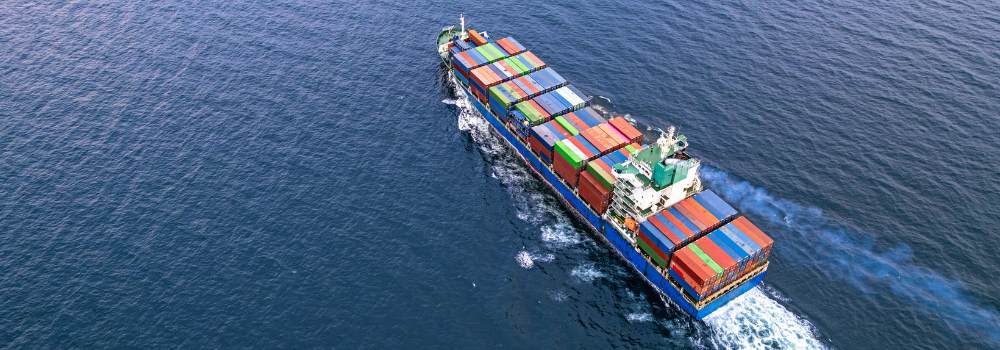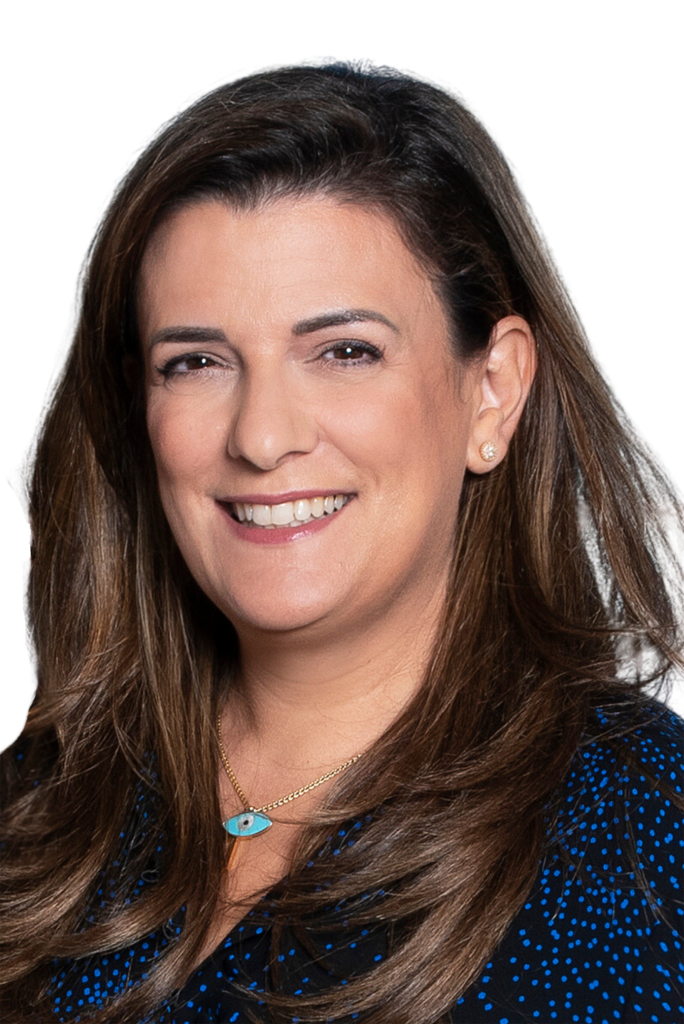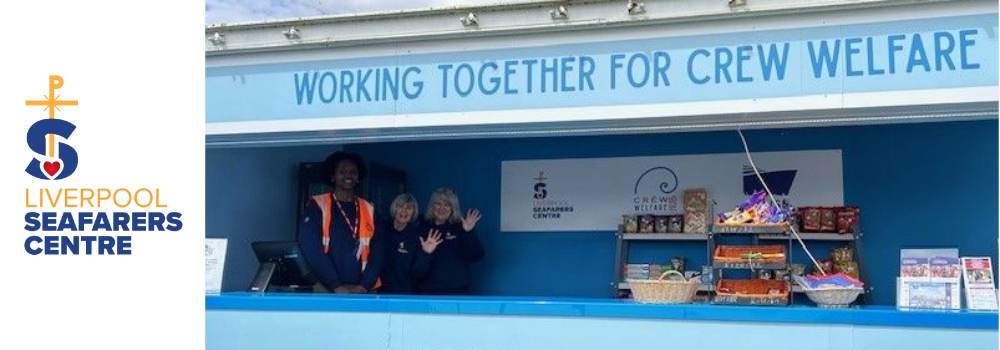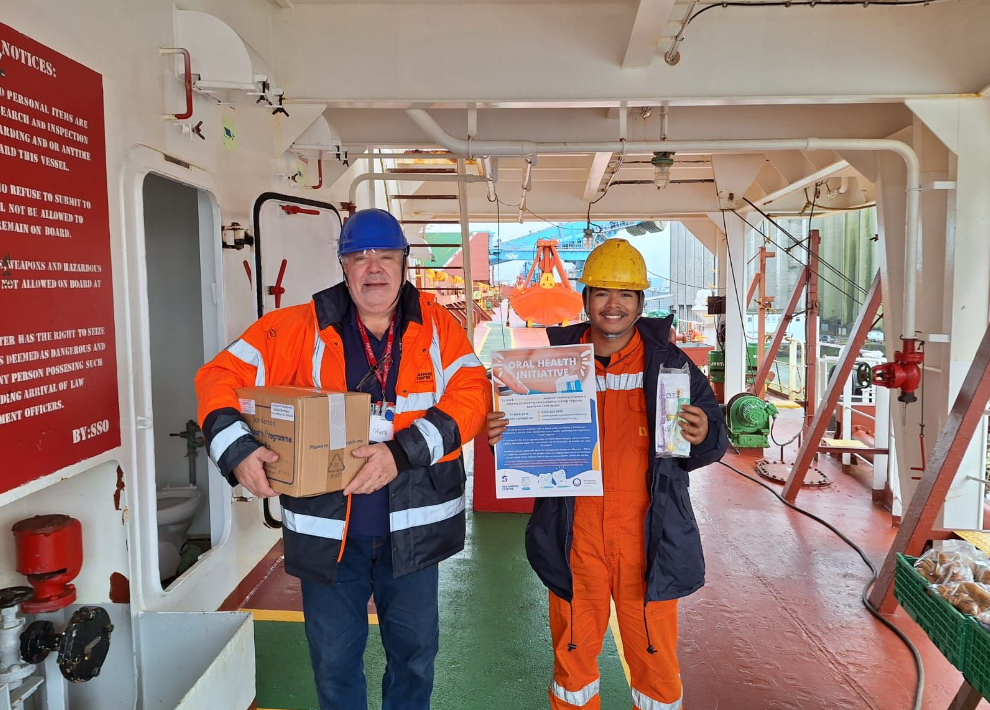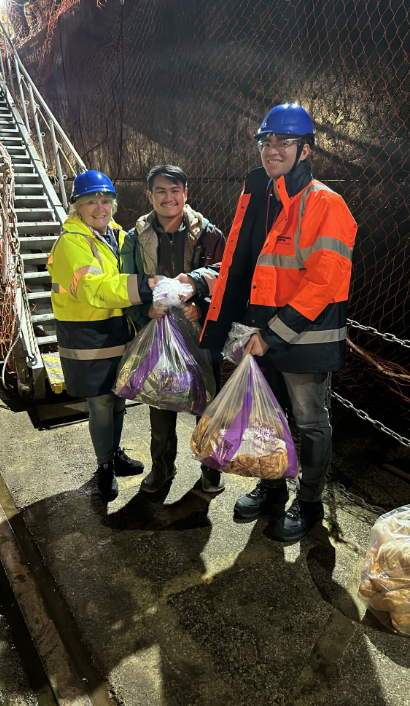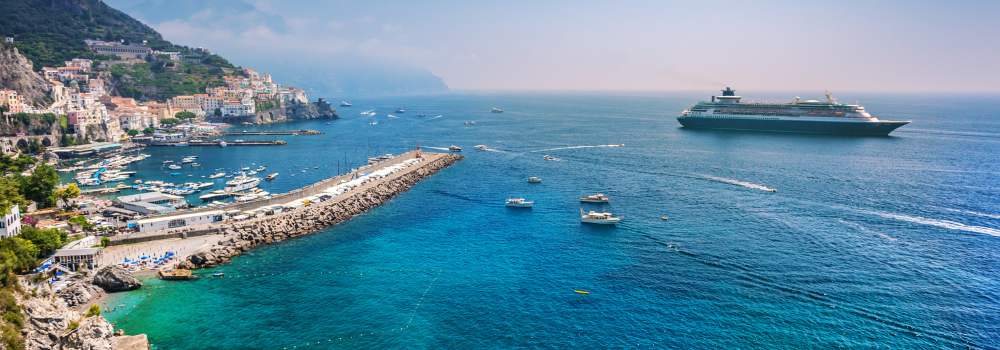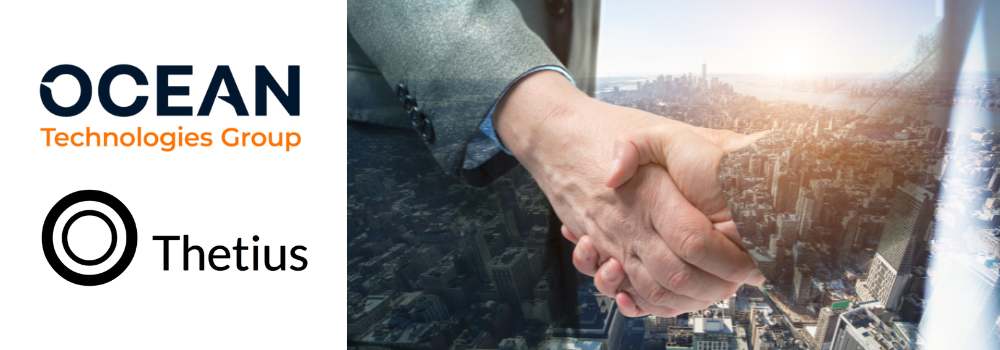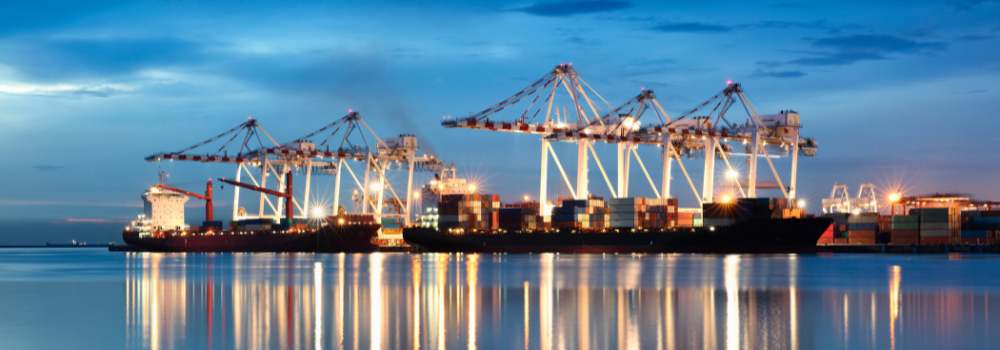Programme Overview
Cultivating Support: Reclaim your power at 40 and beyond
As part of the “Three C Approach,” Torild is excited to introduce the second C, “Cultivating Support,” through the Pause Effect programme, specifically designed for women over 40.
This initiative addresses the unique challenges many women face during midlife, often feeling a sense of disconnect and lacking a value-aligned purpose. This programme aims to foster personal growth and enhance overall well-being.
Programme details
The Pause Effect programme can be delivered in either a group or one-on-one.
1. Group Coaching: Starting in October, a 9-week mastermind experience (maximum 8 women) which meet fortnightly.
This programme includes coaching, mindfulness work, gentle movement, and breathwork.
Recorded content, including mindfulness practices and additional resources, will be uploaded to the Pause Effect portal for easy access and support between sessions.
Each participant will also receive a one-on-one ELI debrief prior to the first group session, offering insights into personal attitudes and energy levels.
Learn more about the ELI assessment.
The Group Coaching programme is delivered over a 9 week period in 5 x 90-120 min sessions online including an individually tailored ELI debrief.
Support between sessions, resources, preparation and follow up will also be available.
2. One-on-One Coaching: A 3-month personalised coaching journey that integrates the ELI assessment. This individual approach will help reshape your perceptions and enhance effectiveness in both personal and professional settings.
One-to-one coaching programme is delivered over a 12 week period 10 x 60-90 min sessions online including an ELI debrief
Support between sessions, resources, preparation and follow up will also be available.
Programme Objective
Midlife often creates a feeling of disconnect—a sense of not recognizing yourself. This can leave women feeling out of alignment with their core values and purpose. The Pause Effect programme is designed to bridge these elements through intentional mindset shifts and supportive practices. The goal is to help you align your core values with your purpose, empowering you to shape a fulfilling path for the next stage of your life.
By participating in this programme, you’ll develop strategies to reclaim your power, enhance self-awareness, and boost confidence. With my support, we’ll peel back the protective layers we all have, paving the way for continued personal growth and well-being, ensuring you thrive both personally and professionally.
Book your session now
It starts with a conversation. Please contact Torild Boe for more details on prices on [email protected] or LinkedIn Torild Boe Stokes or speak to the Spinnaker team.
Testimonials
“I would highly recommend Torild as a coach. She’s had a positive and inspiring influence on me. Our coaching sessions have helped me to (re) discover my strengths and I have learnt new skills and strategies that have helped me improve my confidence and performance, and I am noticing positive ripple effects in other areas of my life”.
Linda Hentsch, Global Head of Shore HR OSM Thome
“Working with Torild is like chatting with your closest confidant, but even better. She creates a safe space to discuss anything on your mind and helps you discover your inner strength, whether you’re facing anxiety or major life changes. With personalised strategies, Torild guides you in improving your thoughts, processing emotions, and defining your personal journey. Her coaching is a breath of fresh air, leaving you feeling optimistic and with a deeper understanding of yourself. I highly recommend Toril for anyone seeking personal growth, navigating life transitions, or crafting their best life.”
Carol Horlic, Entrepreneur London
“I highly recommend Torild as a coach. She is present and reflective, knowing when to push and when to be understanding. Her warmth and energy come through the screen, and I learned so much about myself. Torild is easy to communicate with, making me feel comfortable and open. It was an insightful and inspiring experience!”
Martha Nord-Varhaug Boge, Business Development Manager, CCUS Solvang ASA Oslo




